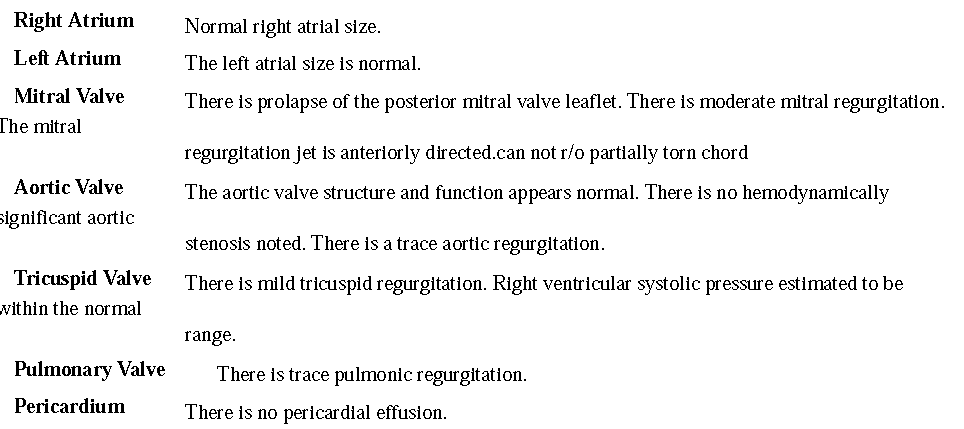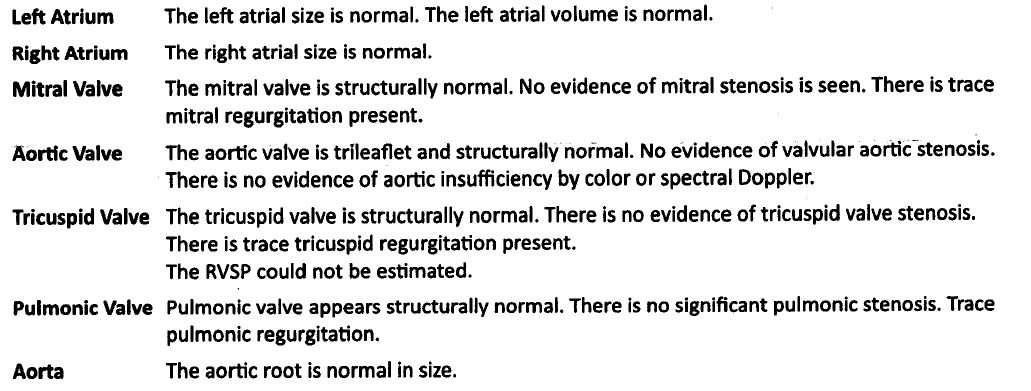I’ve been taking K2 but am now debating about dropping it.
I wouldn’t pull the plug based on one study. There are plenty of other studies that suggest benefit. No downside to taking it, and very cheap (5 or 6 cents a pill).
Here’s an interesting study of nattokinase - and note that taking K2 and aspirin with nattokinase produced a synergistic effect.
They used MK-7, not MK-4.
https://www.ahajournals.org/doi/full/10.1161/CIRCULATIONAHA.121.057008
I agree, it seems more effective in combination of other things. Vitamin K and Omega 3 has very very weak results in most of the papers I have read. But if you speak with a doctor or watch a supplement pusher on youtube, these the most hyped supplements you can find, which baffles me.
Someone suggested that since food rich is vitamin K2 is often fermented food, the slowing of calcium buildup could be due to a healthier gut flora. Intriguing idea, although I haw no idea if it’s true.
oxfordcoma, It’s just my opinion, but that looks like a pretty weak trial. 720 micrograms of K2 and 25 micrograms of vitamin D (that’s 1,000 IU) isn’t much. I assume the K2 is mostly MK4 with a small amount of MK7, and I assume it’s vitamin D3 not D2. I’ve forgotten the research I did years ago, but I have been taking 50 mg (that’s 50,000 mcg) of K2 (MK4) plus 1 mg (that’s 1,000 mcg) of K2(MK7) for about five years now. I’ve been taking between 7,000 and 10,000 IU of vitamin D3 for the same length of time. I do blood tests to make sure my D3 blood levels don’t go too high. Does this do me any good? Well, I don’t really know, but I’m willing to do it assuming that it may.
What’s does that take your serum D vit up to? No concerns with too high D levels via supplements? I know many have too low levels and that optimal is above “normal”, just thought one did not want to overdo it either.
I did experiment with taking my vitamin D levels quite high recently (this is above the normal range), I had two measurements at about 250nmol/L (which I think is 100ng/mL). I had some nerves about increasing ectopic calcification so I have dropped back to 200 now.
I have had vitamin D in the 400s, but that was a mistake.
I do this using 25OHD. I am not a fan of large quantities of D3 as I find it disrupts my sleep. Hence I stick to 3000iu of D3, but that is not capable of keeping serum 250OH about 90 nmol/L. (for me at least) Hence I top up with 25OHD every so often.
Neo, My blood tests show somewhere between 80 ng/mL to 90 ng/ml. My doctor has never had a concern about it. And, of course, I don’t want to go above the upper value of 100 ng/ml so as to prevent possible calcification in soft tissues. The high K2 supplement I take in conjunction with the D3 supposedly helps the body route calciium from soft tissues into the bones which would reduce the chances of soft tissue calcification. I also don’t consume any milk products or take any calcium supplements.
In 8/2016 when I had stents put in, my echo-cardiogram showed moderate Mitral Valve regurgitation and mild Tricuspid Valve regurgitation. Before that time I had been taking daily D3 to keep my level around 60 to 80 ng/ml and no K2.
Soon after that time, I started taking a capsule of Koncentrated-K daily. Koncentrated-K capsule contains: K1 = 5000 mcg, MK-4 = 25,000 mcg, MK-7 = 500 mcg, Astaxanthin = 2 mg. (http://www.k-vitamins.com)
At my last cardio checkup in 11/2020, my echo cardiogram showed only trace regurgitation in both the valves. In fact during the echo-cardiogram the technician asked me what my previous diagnosis was because she didn’t see anything major.
I am continuing to take the same K daily. My D3 levels in blood tests have been between 70 to 99 ng/ml. So far I have not had any additional cardiac issues.
Echo-cardiogram 08/2015:
Echo-cardiogram 11/2020:
Jay, has the 50 mg of K2 (MK4) and 1 mg of MK7 improved your bone density scans?
Isutiger, As I said, I don’t know if it does me any good or not because I have no proof (no bone scans). But, I’m willing to do it assuming that it may. An interesting comment from my dental hygienist a couple of years ago was that my teeth don’t seem to have tartar or stains much any more and what that means, I don’t know either. I just thought it was an interesting comment that may or may not have something to do with the D3 and K2 I take.
UCS, It sounds like you may be familiar with Patrick Theut?
Jay, I did not recognize Patrick Theut’s name immediately, but when I looked it up I remember reading about his story and research back when I started taking the K. I see he also has some YouTube videos, I will take a look at them.
Recently Life Extension has reported on research with MK-4 and bone loss:
They recently also created a new product “Mega Vitamin K2” with 45 mg of MK-4. Both me and my wife have started taking this in addition to the Koncentrated-K.
UCS, I think I saw all of Patrick Theut’s videos years ago, and it took some searching to find them, too. I recall one of them being a couple or more hours long with people asking him a variety of questions about his “widow maker” problem and how he resolved it with his own in-depth research and experimentation. I appreciated his account in video much more than reading about him. The Life Extension articles look interesting. Thanks for posting them.
I am a great fan of the menaquinones, but it seems you are taking quite a lot. I am not aware of any research which points to issues with too much K2, but that does not mean that there is no limit.
Hi, thanks for posting this interesting anecdote. Did you start taking the high dose vitamin K specifically to improve the heart? Did you make any other major changes in your regimen that might have explained the improvement in the regurgitation or do you think it might have been the vitamin K?
Sorry for resurrecting an old thread, but I keep seeing K2 pushed by online influencers (a negative) and haven’t really been focused on it (because i eat sufficient animal protein so I assumed I don’t need to supplement). But after reading a bit more, and seeing healthline and webmd overviews am now thinking it could be an easy win:
I’m thinking:
o. There’s no upper limit found in toxicity, so may be difficult to take “too much”.
o. Supposedly decreases Ca plaque formation in arteries (weak link, but no weaker than Nattokinase and people here are taking shovelfuls of that)
o. Helps with bone density of us getting to “a certain age”. (At least if I we’re a menopausal woman)
o. Could help protect against CVD (alrhough I’m unclear if this is just a repeat of “prevents ASCVD”. From healthline: “ Still, there is a highly believable biological mechanism for its effectiveness and strong positive correlations with heart health in observational studies.”
So what am I missing aside from the studies aren’t absolutely perfect? Should I add this to my (limited) stack (of glyNac, collagen, creatine, vit D 5000 IU, 12mg astraxanthin, and magnesium — not yet rapa nor nattokinase)? What daily dose?
This is one vitamin I take out of an abundance of caution. It is cheap and has no downsides that I know of. I take a triple combo: Vitamin K2 MK7 / Vitamin K2 MK4 / Vitamin K1

